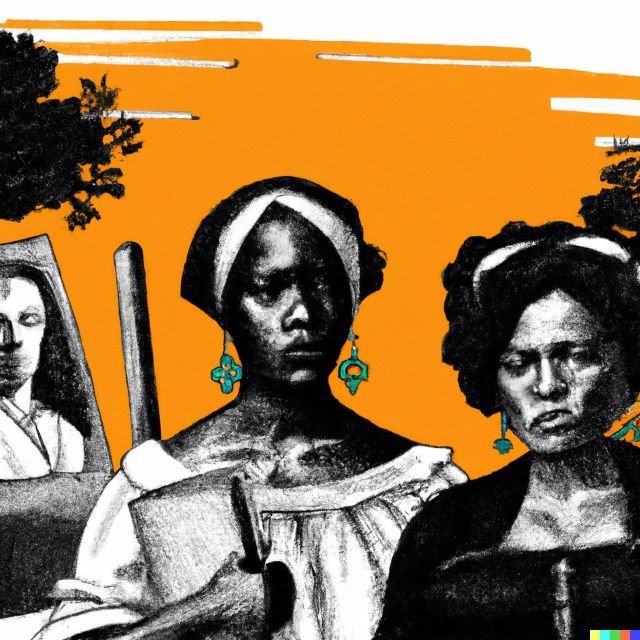The Struggles of Afro-Descendant Women in New Spain
Discover the untold story of Afro-descendant women in New Spain who faced gender violence and oppression through enslavement, limited rights in marriage, and loss of freedom. Explore their struggles and sacrifices in the face of patriarchal laws.





